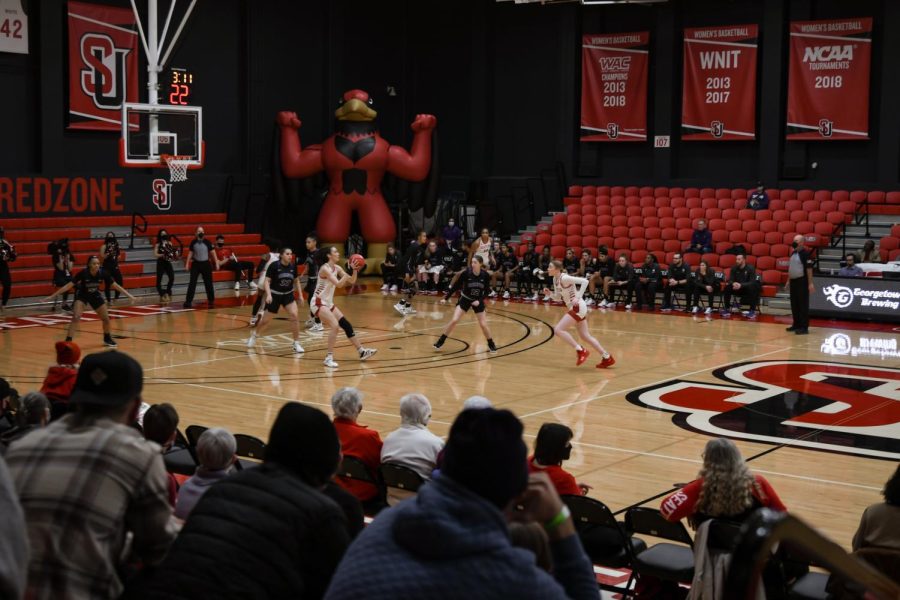Sitting on the edge of your seat with 30 seconds left on the clock, you can hear your heart beating and feel the blood pulsing through your veins. You need this win, for yourself and your team. Without it, you’ll be devastated. Can the stressful, excited feelings you have while watching sports have an effect on your body? Can the stress induced by watching a sporting event put you at risk for potential coronary artery risks?
A new study, published in the “Canadian Journal of Cardiology”, suggests that both the thrill of victory and the agony of defeat can have a considerable effect on the cardiovascular system. Researchers took the pulse of fans during a hockey game and found that on average, their heart rate increased by 75 percent when watching on the television, and by a whopping 110 percent when watching in person.
The study found that the 20 participants heart rates increased by an average of 92% during the hockey game—60 beats per minute at rest to 114 beats per minute).
Participants’ heart rate response while watching a game live was equivalent to vigorous physical
stress and a televised game equivalent to moderate physical stress. They found no correlation between fan passion score and heart rate response. However, peak heart rates most commonly occurred during overtime and when there were scoring opportunities for the supported team or against the supported team.
“These results (elevated resting heart rate) can be an indication of poor aerobic fitness at rest,” said Sean Machak, Seattle University’s exercise scientist and supervisor of the human performance lab.
Jacob Kysar, an instructor in Seattle U’s sports and exercise science department, stated, “the human system is an incredibly plastic system, and the heart is designed to beat very fast and very hard.”
Based on both the study and Kysar’s input, the general population is at no risk for coronary risks. However, there is a population of at-risk individuals who have cardiopulmonary issues and stressing their heart in an unhealthy way—such as increased heart rate due to emotional stressors—can potentially increase their risk of myocardial infarction or cardiovascular death.
This is due to the fact that these individuals haven’t trained themselves to have their heart respond in a way that is healthy, like a physically active person’s heart would.
While the general population has no reason to worry about experiencing increased heart rates during hockey games or other sporting events, individuals with prior cardiovascular health issues should be aware of their increased heart rate and take their health into consideration.
The editor may be reached at
[email protected]







![Josh Gibson Supplants Ty Cobb, Babe Ruth, as Baseball’s Best Hitter [OPINION]](https://seattlespectator.com/wp-content/uploads/2024/05/gettyimages-72075891-1200x675.jpg)




